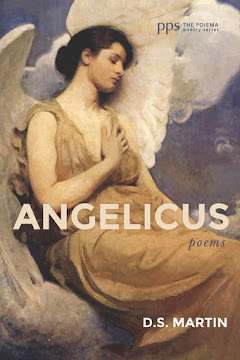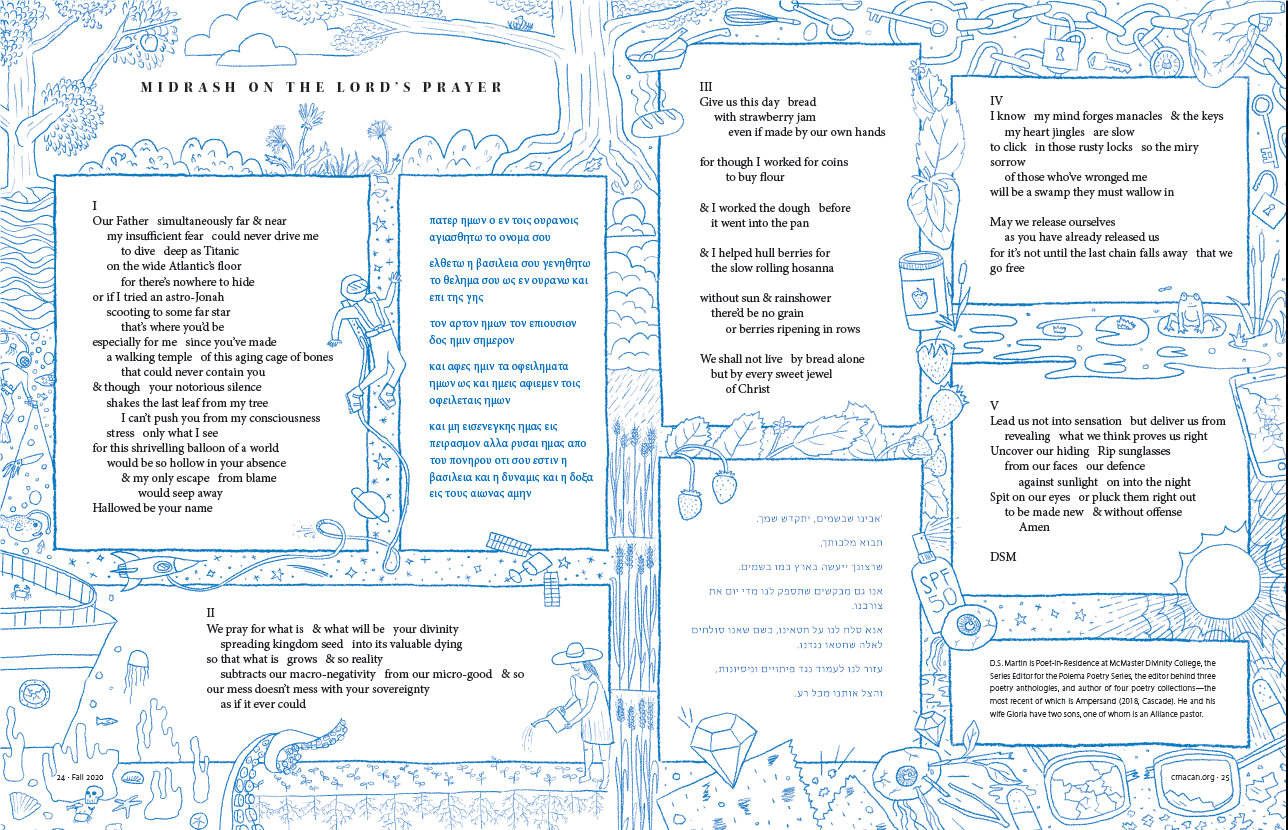 Francis Quarles (1592–1644) was a popular poet with the common people of his time, even though he was not one of them. In 1613 Quarles was appointed cupbearer to Princess Elizabeth — the daughter of James I — and was part of the contingent that travelled to Heidelburg for her marriage. Despite these connections and the various appointments he was given, he and his wife were often poor; they had eighteen children.
Francis Quarles (1592–1644) was a popular poet with the common people of his time, even though he was not one of them. In 1613 Quarles was appointed cupbearer to Princess Elizabeth — the daughter of James I — and was part of the contingent that travelled to Heidelburg for her marriage. Despite these connections and the various appointments he was given, he and his wife were often poor; they had eighteen children. He is best-known for his Emblems (1635) which consist of meditative verse, matched with scripture, and elaborate illustrations. It is the didactic, moralizing of this book, and of much of his other religious poetry, that appealed to the puritans. This same quality marginalised his work in the following centuries.
He was a supporter of the royalist side during the Civil War. After 1637 he turned his attention to writing political pamphlets. In 1644 parliamentarians had his house searched for “subversive” materials, and his manuscripts were burned. His popularity with the puritans protected him from personal attack.
The American poet Langston Hughes is one of his descendants.
A Good Night
Close now thine eyes and rest secure;
Thy soul is safe enough, thy body sure;
He that loves thee, He that keeps
And guards thee, never slumbers, never sleeps.
The smiling conscience in a sleeping breast
Has only peace, has only rest;
The music and the mirth of kings
Are all but very discords, when she sings;
Then close thine eyes and rest secure;
No sleep so sweet as thine, no rest so sure.
Entry written by D.S. Martin. He is the award-winning author of the poetry collections Poiema (Wipf & Stock) and So The Moon Would Not Be Swallowed (Rubicon Press). They are both available at: www.dsmartin.ca





















